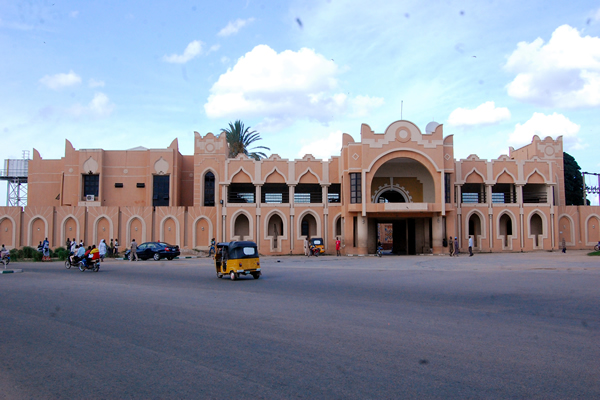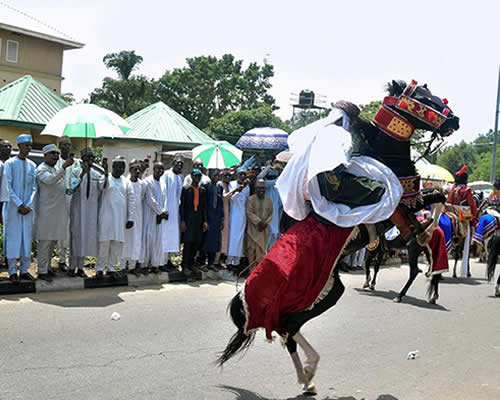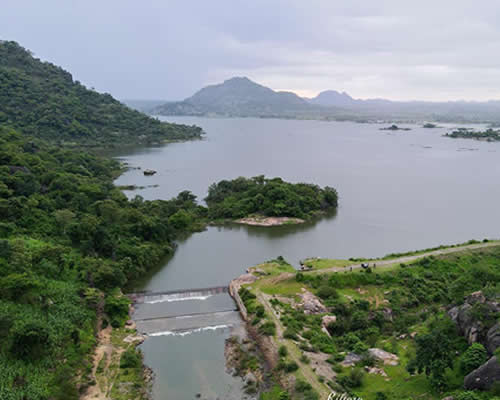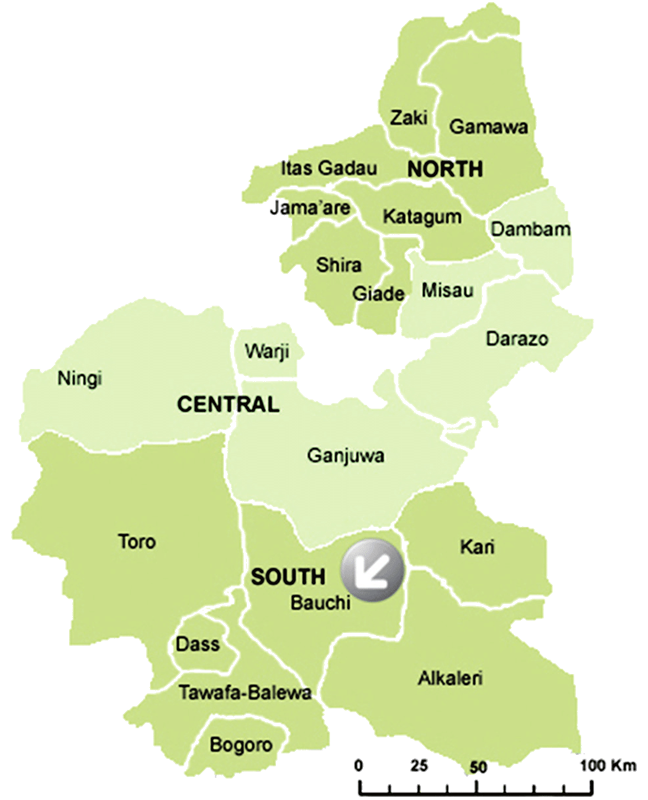Bauchi State
States Dec 28, 2024 Last Modified:Jan 03, 2025

Table of Contents
History of Bauchi

Introduction
Bauchi, located in northeastern Nigeria, is a state steeped in rich history, culture, and natural beauty. Known as the “Pearl of Tourism” in Nigeria, Bauchi holds a significant place in the country’s historical and cultural landscape. This article delves into the origins, historical development, cultural heritage, and attractions of Bauchi.
Historical Background
The history of Bauchi dates back to the early 19th century during the Fulani Jihad led by Usman dan Fodio. Bauchi State was established in 1976 following the creation of states in Nigeria. However, the region has a deeper history tied to the Hausa-Fulani Emirates and indigenous communities such as the Tangale, Waja, and Jarawa tribes.
Bauchi derives its name from a hunter named Baushe, who was among the earliest settlers in the area. According to local folklore, Baushe was known for his wisdom and skill, and the settlement flourished under his guidance, eventually evolving into a major hub for trade and governance.
Colonial Era

During the colonial period, Bauchi became an administrative center under British rule. The colonial government’s policies significantly influenced the state’s economic and infrastructural development. Bauchi town, the state capital, served as a key location for governance and education, with several schools and administrative buildings established during this era.
Cultural Heritage
Bauchi is a melting pot of cultures, home to over 55 ethnic groups, including Fulani, Hausa, Kanuri, and various indigenous tribes. This diversity is reflected in the state’s traditional festivals, music, and crafts. The Durbar festival, often held during Eid celebrations, is a colorful display of horse-riding, traditional attire, and music.
Local crafts such as pottery, weaving, and leatherwork also thrive in Bauchi, showcasing the artistic talent and ingenuity of its people. Traditional dishes like tuwo shinkafa (rice pudding) and miyan kuka (baobab leaf soup) offer a taste of Bauchi’s culinary heritage.
Natural Attractions

Bauchi is renowned for its breathtaking natural attractions:
- Yankari National Park: One of Nigeria’s premier wildlife reserves, Yankari offers opportunities for safari tours, hot springs, and encounters with elephants, lions, and other wildlife.
- Sumu Wildlife Park: Another gem for nature enthusiasts, this park is a haven for animals like zebras and antelopes.
- Wikki Warm Springs: Located within Yankari National Park, this natural spring is a favorite spot for relaxation and swimming.
- Rock Formations and Caves: The state is dotted with stunning rock formations and caves, such as the Marshall Caves, which hold ancient inscriptions and serve as a window into the region’s prehistoric era.
Modern Bauchi
Today, Bauchi continues to thrive as an economic and cultural center. Agriculture remains the backbone of its economy, with crops like maize, rice, millet, and groundnuts being widely cultivated. The state’s infrastructural growth, educational institutions, and modern amenities contribute to its steady development.
Conclusion
Bauchi stands as a testament to Nigeria’s rich history and cultural diversity. From its historical roots as a settlement led by Baushe to its prominence as a modern state, Bauchi offers a blend of tradition and progress. Whether you’re drawn by its historical significance, cultural richness, or natural wonders, Bauchi is undoubtedly a destination worth exploring.
